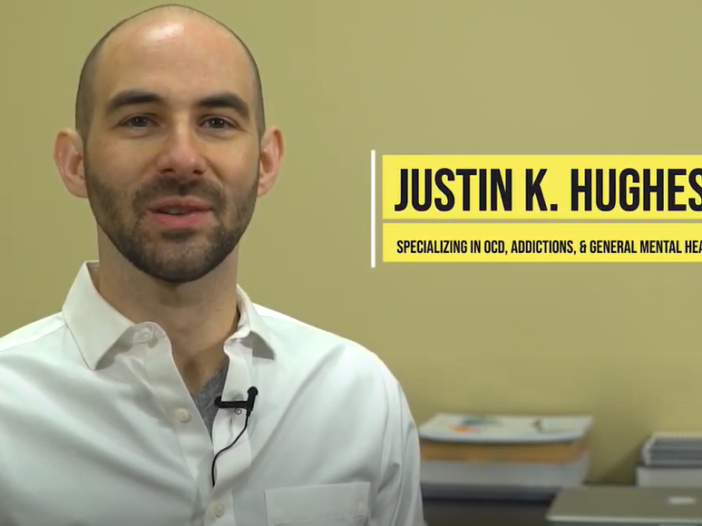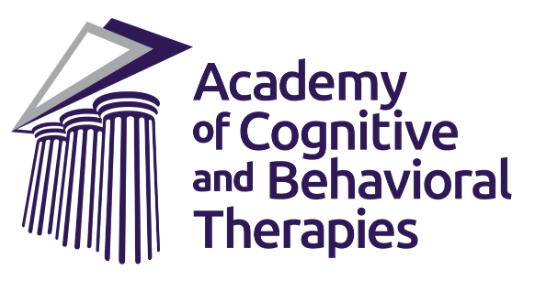
What is Exposure Therapy?
Exposure therapy is a psychological treatment that is practiced in Behavioral and Cognitive Behavioral Therapy (CBT). It is indicated as a first line treatment for a number of disorders such as
- Panic
- PTSD
- BDD
- GAD
- Even recent evidence for depression
It is considered the “gold standard,” or best treatment for
- Phobias
- OCD
- Social Anxiety (some types)
A very natural tendency occurs when we experience fear- to avoid, neutralize, and suppress fearful thoughts and experiences. However, such responses tend to reinforce fear when not responding in-context to an an actual immediate threat.
Exposure therapy helps clients to systematically confront fearful stimuli along with changing fearful responses. This relearning increases confidence and decreases disruption in life. Over time, discomfort and fear typically decreases through active engagement rather than avoidance, suppression, neutralization, or ritualization.
The evidence base is very strong for its use and effectiveness, though it is currently only applied a minority of the time in clinical settings.
How Do You Do Exposure Therapy?
The principles of exposure may be simple, but the specifics- personalized to any one individual- involve many working parts.
Assessment
- When diagnosed through functional assessment with a problem that exposure can help (think, OCD and phobias, not addictions and ADHD), treatment then begins the planning phase.
- Don’t underestimate the necessary time to have a good plan!
Education
- Education on the function of the problem and how treatment works
Planning
- Tracking/Monitoring- catching the key ways the problem exists
- Core Fears- recognizing what core fears are to be tested through exposure
- SUDS scale use (and Urge / Willingness)
- Hierarchy- developing a list
- Targets- prioritization and commitments
- Goals/Values
Exposure
- Exercises- the formal practice of exposure
- Review and incorporation of learning
Cognitive Therapy
- As needed, identifying unrealistic/false beliefs and replacing these to varying degrees is usually helpful
- However, without confronting fears “talk therapy” in a traditional sense may not be helpful
Adjunct supports
- ACT (Acceptance and Commitment Therapy)
- MI (Motivational Interviewing)
- Mindfulness
- DBT (Dialectical Behavior Therapy)
- Family Therapy
- Monitoring for detours, treating first priority concerns first
Relapse prevention and long-term recovery
- Setting realistic expectations and planning for long term success








Leave a Reply